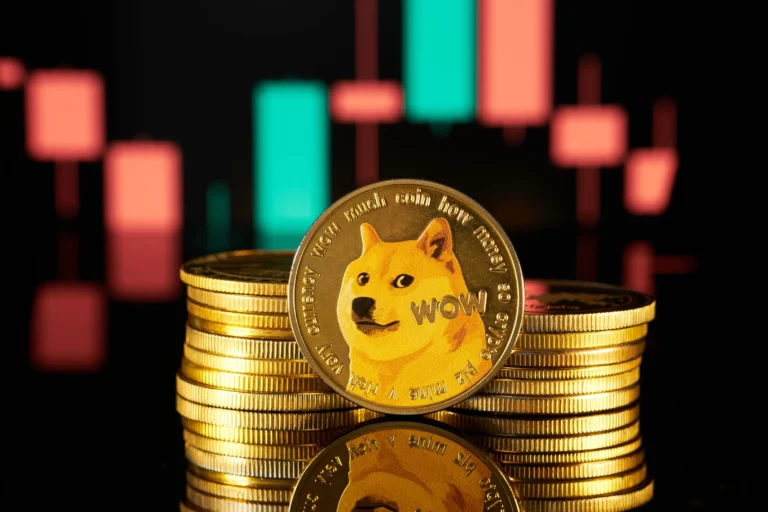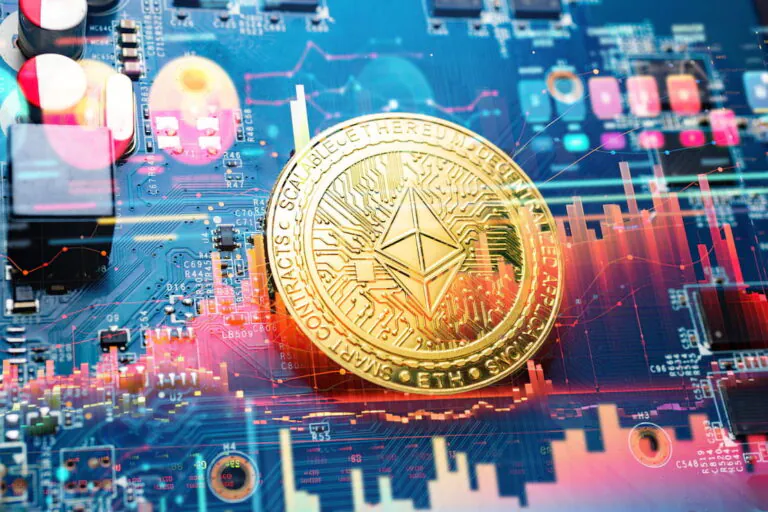Dogecoin (DOGE) with the image of a Shiba Inu dog called Kabosu as its logo, is one of the most popular and successful memecoins. It is considered an altcoin and was launched in December 2013.

USDT and the Banking Sector: Cooperation or Competition?
What is USDT?
USDT (Tether) is a stable cryptocurrency pegged to the US dollar. It was created to provide users with the ability to preserve the value of their assets in the face of high volatility in the cryptocurrency market. USDT represents a digital asset that maintains a fixed exchange rate with fiat currency, typically the US dollar. This stability makes it one of the most popular stablecoins in the market.
One of the main directions for the development of USDT is its integration into various ecosystems and platforms. Thanks to its stability and popularity, USDT continues to find new applications in the world of cryptocurrencies. This includes use in blockchain projects, smart contracts, international payments, and other financial services.
Interaction of USDT with the Banking Sector
The interaction between USDT and the traditional banking sector is a complex and multifaceted process. On the one hand, USDT offers fast and low-cost international transfers, making it attractive to users seeking alternatives to traditional banking services. On the other hand, banks see USDT as a competitor capable of displacing them from the international payments market.
The stability of USDT makes it appealing to users, creating competition for traditional banking systems. Banks provide similar services for storing and transferring money but often face high fees and lengthy transaction processing times. In contrast, USDT offers fast and cheap transfers, especially on an international level.
Cooperation between USDT and the banking sector could bring significant benefits to both parties. Banks can use USDT to speed up international transfers and reduce transaction costs. This could also help banks attract customers interested in using cryptocurrencies. However, competition is also likely, as USDT might reduce the demand for traditional banking services such as international transfers and currency operations.
Regulation and Legislation
Regulation of cryptocurrencies is a key factor affecting the interaction between USDT and the banking sector. Legislation on cryptocurrencies varies across countries, creating uneven conditions for the use of USDT. In some countries, the USDT exchange rate may be strictly regulated, limiting its use and interaction with banks. In other countries, the use of USDT may be less regulated, promoting its integration into financial systems.
Risk and Security
Using USDT involves certain risks and security concerns. While the USDT exchange rate is stable, there are risks associated with hacking attacks and potential issues with the reserves that support Tether’s stability. Banks considering integrating USDT into their systems must take these risks into account and develop strategies to mitigate them.
Prospects for the Development and Evolution of Interaction Between USDT and Banks in the Future
Scenarios of Cooperation
In the future, the interaction between USDT and banks may develop in various directions. One possible scenario is the enhancement of cooperation, where banks start actively using USDT for international payments and other financial services. This could lead to the creation of hybrid financial products that combine the advantages of traditional banking services and cryptocurrency technologies.
A paperless bank is a technology that is already being used by banks but has not yet been actively developed. The main difficulty lies in the fact that electronic digital signatures are not fully legislatively approved. Issues with obtaining and using them for signing documents hinder widespread implementation. Once this issue is resolved, demand for the service will grow explosively, and electronic digital signatures will be able to replace SMS or push notifications for confirming client actions.
Banks with a long history have huge archives of client files, and converting them into digital format is time-consuming and resource-intensive. Therefore, many organizations are in no hurry to tackle this, preferring to act gradually.
Cooperation between banks and digital currencies will significantly accelerate the overall transition to the digital space.
Another scenario is the intensification of competition, where banks develop their own stablecoins or enhance their digital payment systems to compete with USDT. In this case, the cryptocurrency USDT will still be popular, but it will face stiffer competition from bank-issued digital assets.
Despite the competition, there are potential scenarios for cooperation between USDT and the banking sector. Banks can integrate USDT into their payment systems to speed up and reduce the cost of international transfers. Additionally, banks can use USDT to improve the liquidity of their assets and attract clients interested in cryptocurrencies.
Conclusion
USDT and the traditional banking sector stand on the brink of a possible significant change in the financial landscape. Interaction between them can develop both in the direction of cooperation and competition. What is cryptocurrency USDT? It is a stable and sought-after alternative to traditional fiat currencies, which can substantially change the financial services market.
Understanding all aspects of this interaction, including regulation, risks, and prospects, will allow banks and users to better prepare for future changes. Whether banks choose to cooperate with USDT or compete with it, the importance of cryptocurrency in the modern financial market will only continue to grow.
Start your crypto exchange with Coin24

Exchange BTC, ETH, USDT and more — cash or card

Secure and fast crypto exchange since 2018



